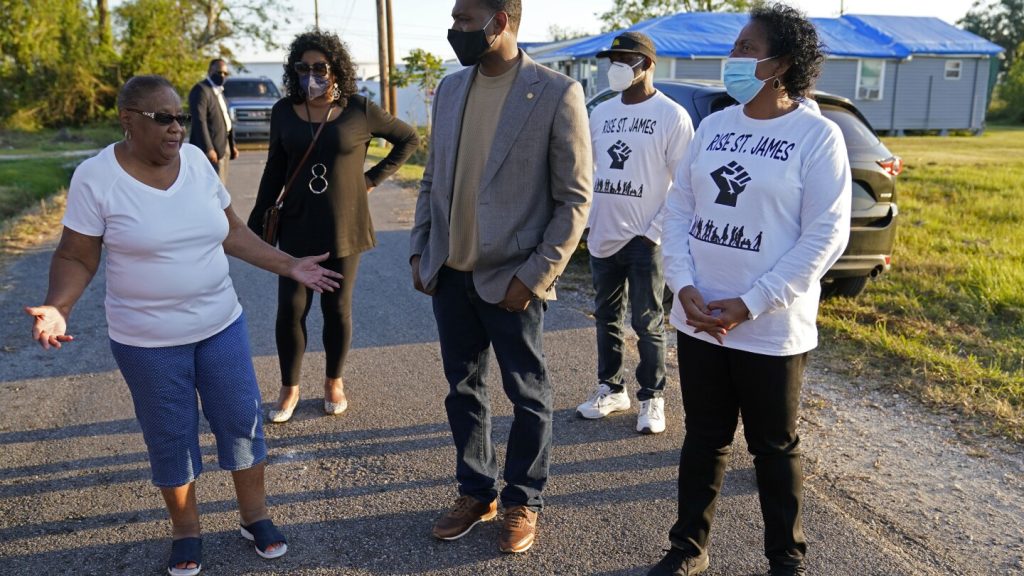Faith-based environmental activism is on the rise, with religious leaders taking a stand against fossil fuel investments by major banks like Citigroup. A meeting in September between a Citigroup sustainability officer and four religious environmental activists raised questions about the bank’s commitment to reaching net-zero carbon emissions by 2050, as it remains a significant funder of oil, coal, and gas projects. The activists, representing various faith traditions, engaged in peaceful protests as part of the Summer of Heat campaign, urging religious institutions to divest from fossil fuels and align their financial practices with their moral values.
The Summer of Heat campaign organized more than 40 protests at Citigroup’s headquarters in Lower Manhattan, with clergy from various faiths participating in demonstrations dressed in white linen and carrying symbolic signs. These faith leaders took actions like blocking employees from entering buildings, creating awareness about the ethical implications of fossil fuel investments. Organizations like GreenFaith have been advocating for fossil fuel divestment for over a decade, encouraging faith groups to reevaluate their banking relationships and shift to more ethically responsible financial institutions. The activism of religious groups aims to hold corporations accountable for the social and environmental impact of their investments.
GreenFaith, originally formed as a local volunteer organization in New Jersey in 1992, evolved into a national organization advocating for interfaith collaboration on environmental issues. With a focus on engaging diverse faith communities, GreenFaith has been involved in various initiatives such as energy audits, solar panel installations, and toxic site tours. By integrating spirituality with activism, GreenFaith has mobilized religious leaders to address environmental challenges and advocate for sustainable practices. The organization’s efforts have expanded to include financial markets, urging religious communities to divest from fossil fuels and support renewable energy alternatives.
The People’s Climate March in 2014 served as a turning point for GreenFaith’s involvement in advocating for divestment from the fossil fuel industry. The march, which drew participation from hundreds of religious communities, highlighted the growing demand for climate action and influenced global policy decisions like the Paris Agreement. Religious denominations such as the Unitarian Universalist Association and the Evangelical Lutheran Church in America have committed to divesting from fossil fuels, aligning their investments with their environmental values. GreenFaith has also collaborated with local activist groups, like Rise St. James in Louisiana, to protest against corporations like Formosa Plastics, funded in part by Citigroup, that pose environmental threats to vulnerable communities.
The collaboration between GreenFaith and Rise St. James reflects the intersection of environmental justice and faith-based activism, with individuals like Sharon Lavigne leading the fight against pollution in her community. Despite facing health challenges and government indifference, Lavigne and other activists continue to advocate for environmental awareness through prayer services and peaceful demonstrations. The emphasis on spirituality and morality in environmental activism underscores the urgent need for corporations like Citigroup to align their financial practices with ethical considerations, preventing harm to communities disproportionately affected by pollution. Faith-based environmental activism serves as a powerful force for social change, uniting diverse religious groups in a collective effort to address the urgent climate crisis and protect the planet for future generations.















